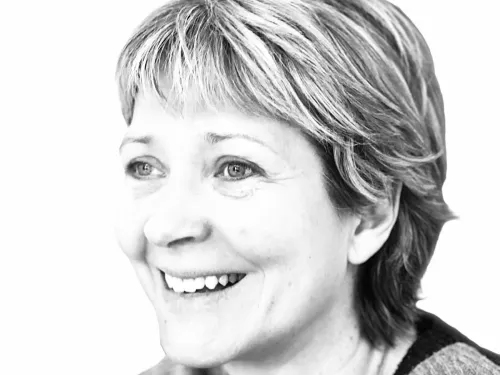
CCLG Research Talks: Is childhood cancer inherited?
Hear from Dr Mette Jorgensen about inherited risk factors that can cause cancer.

Hear from Dr Mette Jorgensen about inherited risk factors that can cause cancer.
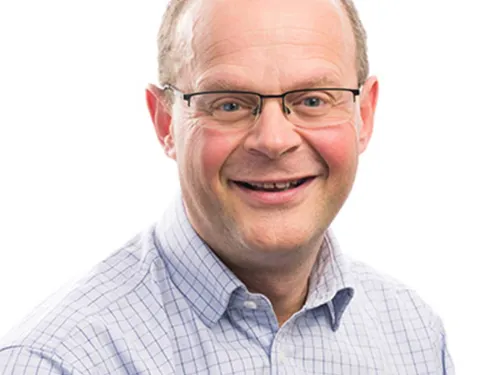
Professor Dan Stark talks about what researchers are doing for teenage and young adult (TYA) cancer and what the future holds.
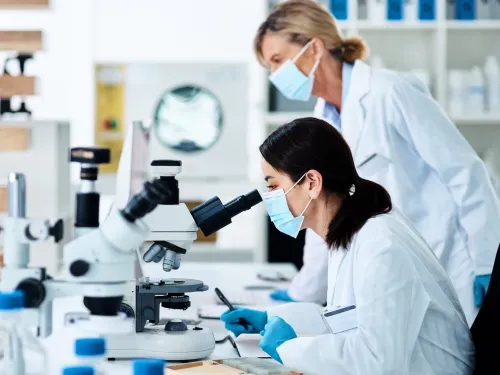
Watch our latest research webinars
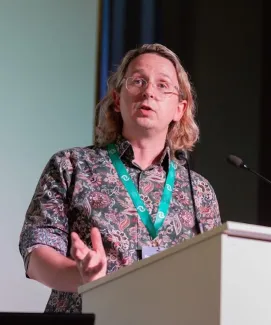
Today, we are proud to announce a record £800k investment focused on improving treatments for Ewing sarcoma patients thanks to collaboration between charities.
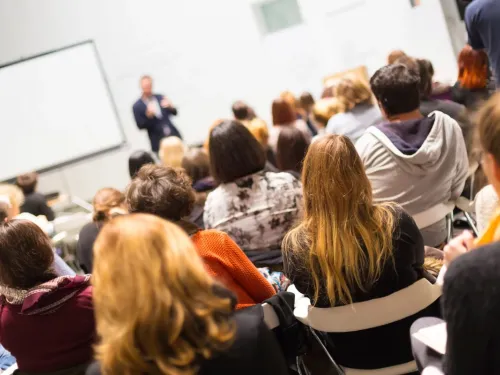
Our first CCLG Imaging Science Day will be held in person on Friday 5th September 2025 at Conference Aston, Birmingham, B4 7ET.
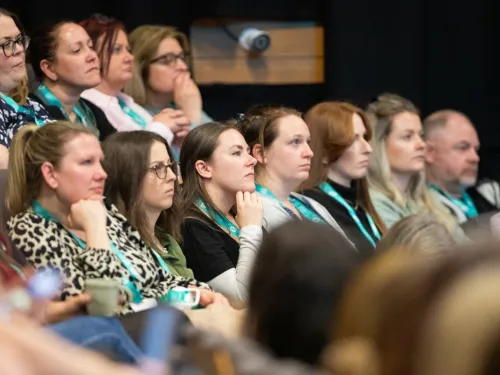
The Annual Meeting of the CCLG Radiotherapy Group will take place on 18-19 September 2025, at The Midland Hotel, 16 Peter Street, Manchester.

This course will be valuable for trainees in paediatric oncology, trainees in general paediatrics and other specialties which are involved in the management of medulloblastoma and related tumours, for example clinical oncology and paediatric neurosurgery, clinical nurse specialists and clinical trials staff.
There are a wide range of charities and other organisations providing a variety of information, services and support for children and young people with cancer, and their families.
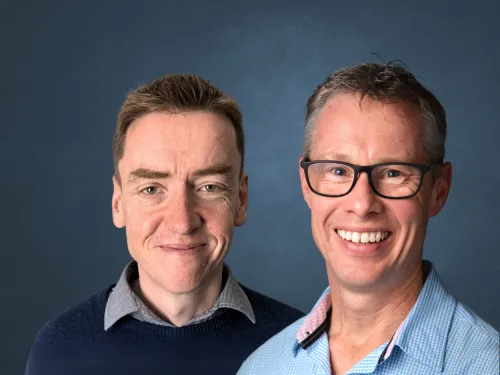
Professor Rod Mitchell and Dr Mark Brougham talk about how fertility can be affected by childhood cancer and its treatment.
An evidence-based public and professional awareness campaign to improve early diagnosis of cancer in children and young people.